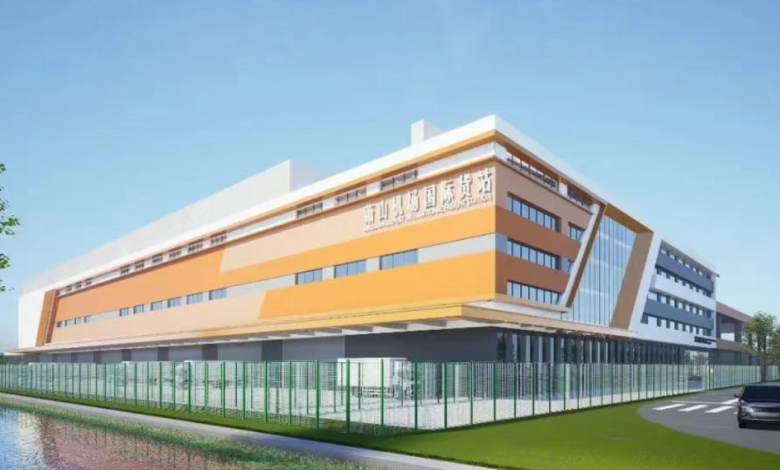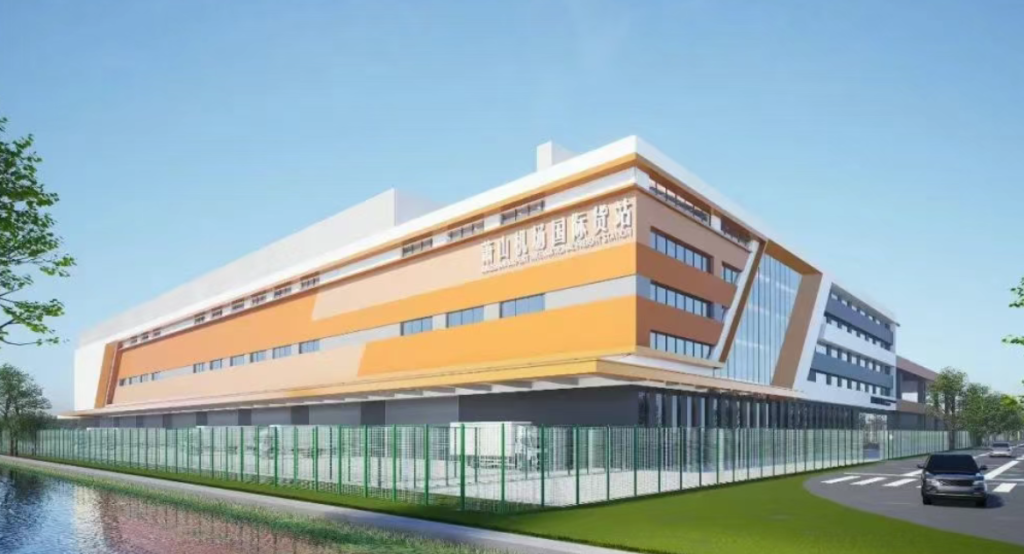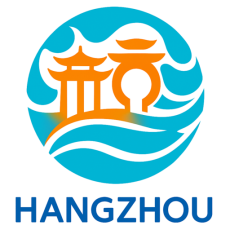

Introduction: A Major Milestone for Lingang’s Smart Logistics Hub
In an exciting development for Hangzhou’s Lingang Economic Demonstration Zone, the International Cargo Terminal Phase II project has achieved a significant milestone—completing its foundation and main structural work two months ahead of schedule. This progress marks the project’s transition into interior and exterior decoration, as well as equipment installation, bringing it one step closer to its expected completion in 2026.
As someone who has followed infrastructure developments in China’s major economic zones, I’ve seen how accelerated project timelines often signal strong governmental and corporate coordination. The early completion of this phase speaks volumes about the efficiency and strategic importance of this logistics hub.
But what makes this project so special? Let’s dive deeper into its features, benefits, and impact on regional and global logistics.
Smart & Multi-Layered: The Design of International Cargo Terminal Phase II
Spanning 52,000 square meters with a total construction area of 82,000 square meters, the International Cargo Terminal Phase II is designed as a three-tiered smart logistics hub, integrating cutting-edge automation and intelligent systems.
Key Features:
- First & Second Floors: Dedicated to outbound cargo operations and supporting office spaces.
- Third Floor: Reserved for inbound cargo processing, optimizing customs clearance efficiency.
- Smart Logistics Systems: AI-driven sorting, automated storage, and customized solutions for large clients, ensuring faster and more secure cargo handling.
From my visits to similar logistics hubs in Shanghai and Shenzhen, I’ve noticed that automation significantly reduces human error and speeds up processing times. This project’s smart warehousing and flexible operational models will likely set a new benchmark for logistics efficiency in the Yangtze River Delta.
Strategic Location & Connectivity
Positioned near Hangzhou Xiaoshan International Airport’s runway and the Bonded Logistics Center, the terminal will enhance cross-border trade, customs efficiency, and cargo throughput.
Boosting Hangzhou’s Role as a Global Logistics Hub
Once operational, the International Cargo Terminal Phase II—alongside Phase I—will handle 800,000 tons of annual air freight, reinforcing Hangzhou’s position as a key player in global logistics.
Economic & Trade Benefits:
- Enhanced Cross-Border Trade: Faster customs processing for e-commerce, pharmaceuticals, and high-value goods.
- Synergy with Lingang’s Free Trade Zone: Smoother cargo movement between air, sea, and land transport.
- Job Creation & Business Growth: More logistics firms, freight forwarders, and tech providers will establish operations nearby.
In my experience, when a city strengthens its logistics infrastructure, local businesses gain better access to international markets. For example, Hangzhou’s booming e-commerce and biotech sectors will benefit immensely from this development.
What’s Next? The Road to Completion in 2026
With the foundation and main structure now approved, the project moves into:
- Interior & Exterior Finishing (2025–early 2026)
- Smart Equipment Installation (AI sorting, automated storage systems)
- Final Testing & Operational Trials (mid-2026)
Given the current pace, I wouldn’t be surprised if the project finishes even earlier. Similar developments, like Shenzhen’s Smart Airport Logistics Park, saw accelerated timelines due to strong public-private partnerships.
Final Thoughts: Why This Project Matters
The International Cargo Terminal Phase II isn’t just another logistics hub—it’s a game-changer for Hangzhou’s global trade capabilities. By integrating smart technology, strategic location advantages, and multi-modal transport links, it positions Lingang as a critical node in China’s Belt and Road Initiative.
For businesses looking to expand in East China, keeping an eye on this project’s progress could reveal new opportunities in logistics, warehousing, and cross-border trade.
What do you think? Will this project elevate Hangzhou’s status in global logistics? Share your thoughts in the comments!




